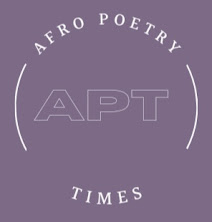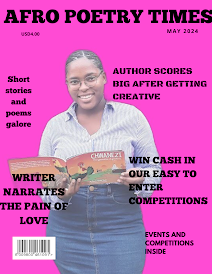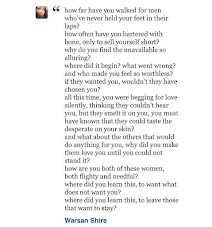From Sappho to Allen Ginsberg, poets who realistically depict queerness, sexuality, grief, violence, and other urgent issues and experiences have faced backlash and censorship.
Though banning books isn’t new, its prevalence has recently skyrocketed. According to the American Library Association, 2022 saw a 38% increase in banned titles compared to 2021.
More than one thousand titles have been pulled from both public and school libraries, and just this year legislators in Missouri, Texas, Arkansas, and other states threatened to defund libraries.
Amid this landscape, it’s not just poetry classics vanishing from the shelves, but recently published collections, too. These four poetry collections were banned in the last year, making them timely titles to add to your resistance reading list.
Laurie Halse Anderson’s Shout earned starred reviews from Publisher’s Weekly, Kirkus Reviews, and Booklist, but it also ended up on another list—the ever-growing banned books list.
A follow-up to the YA modern-day classic Speak, which tells the story of a young woman who stops speaking altogether after she’s sexually assaulted at a high school party, Shout shows the real-life inspiration and connection behind the original novel.
Anderson writes for the first time about her own experiences with sexual violence, as well as interweaves powerful testimonies from readers, exploring Speak’s significance from its release in 1999 to today.
While people striving to ban Shout want to silence the conversation around rape and rape culture, the book’s title is an opposing rallying cry calling on survivors and allies to be loud, courageous, and unashamed.
Ellen Hopkins’s novels in verse have been a crucial entry point for young adults discovering and connecting with poetry. In these bestsellers, teens deal with gritty, real-life situations, with plots mirroring the show Euphoria.
Hopkins has inspired a loyal, teenage following in part because of her capacity to take teens and their emotions seriously, handling the growing pains of young adulthood with both gravity and compassion.
In Tilt, Hopkins delves into the intense, universal experience of first love, chronicling the impact it has on several characters’ lives. The book has received criticism for its frank discussion of sexuality and sexual health, but young readers will appreciate its honest parallel to issues and feelings they’re experiencing.
Maya Angelou’s And Still I Rise is the oldest collection on this list, but new threats to ban it are constantly emerging.
This echoes a persistent trend: books by writers of color, and Black writers disproportionately, are more likely to be banned than books by white authors.
This censorship effort reflects a national attempt to erase the truth about the country’s racist history, with parents recently pushing to ban books about Black historical figures like Ruby Bridges and Malcolm X.
Likewise, And Still I Rise cements itself as an essential work of Black literature and Black history, as it contains some of Angelou’s most notable poetry, including the titular poem “And Still I Rise,” “Phenomenal Woman,” and “Life Doesn’t Frighten Me.”
Want to protect the freedom to read? There are many simple, important ways for everyday readers to push back against censorship—and most center around starting a dialogue about what these books mean to you.













